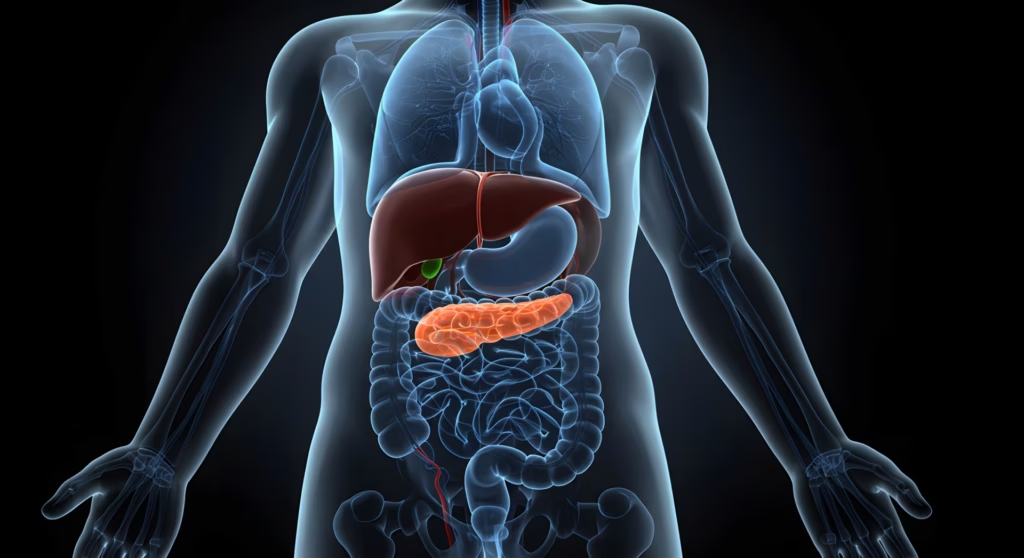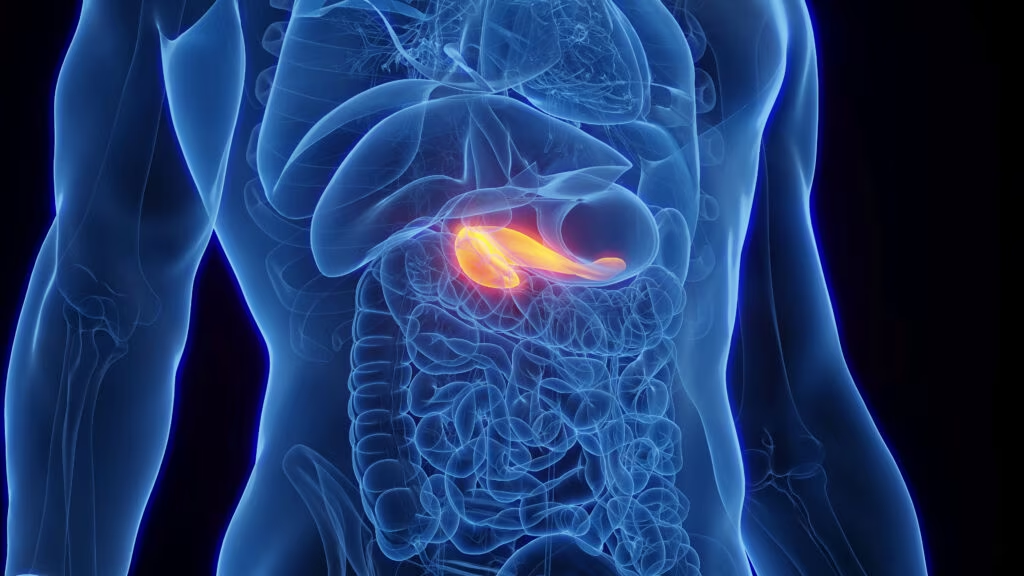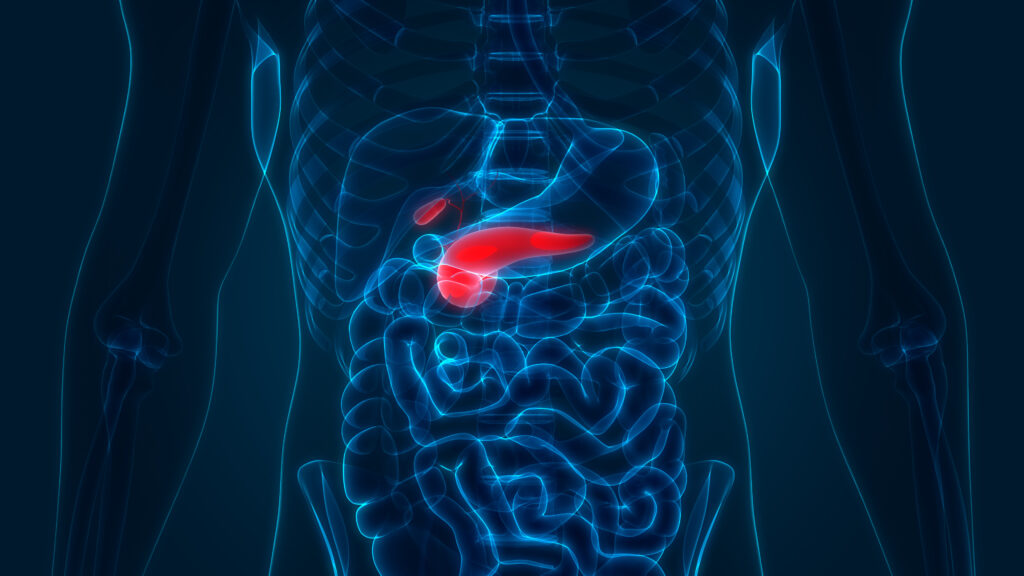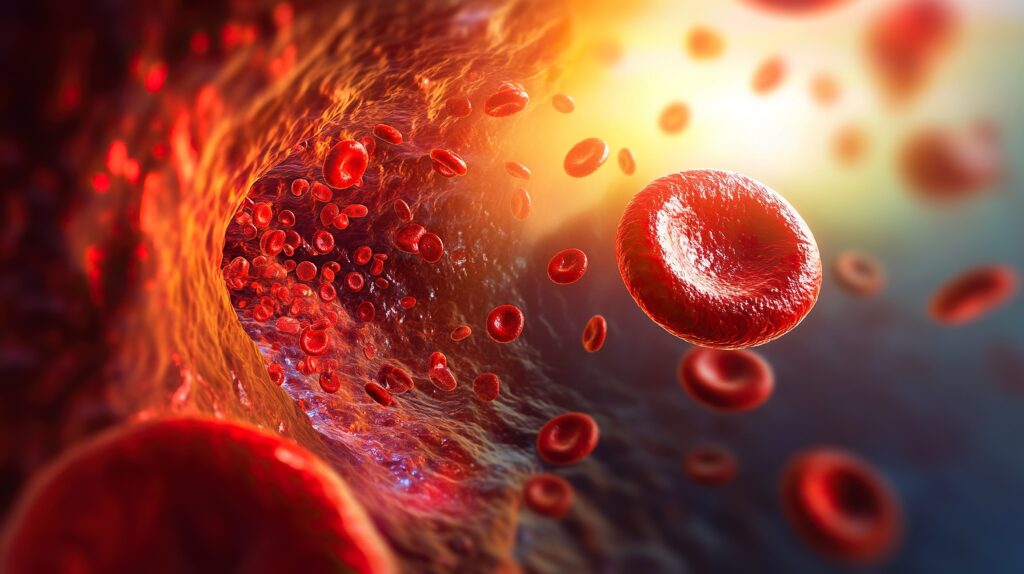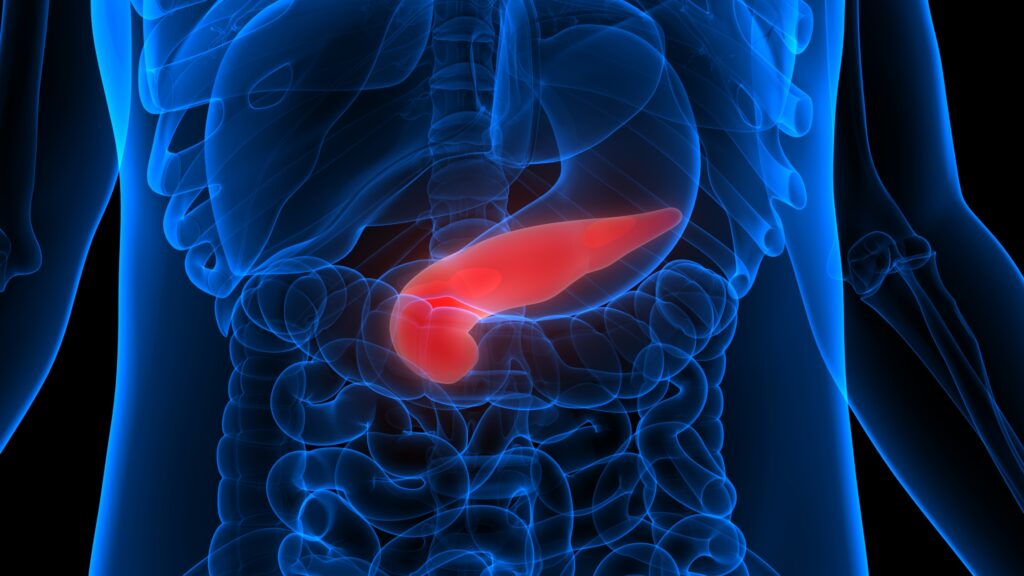Patients with type 2 diabetes commonly experience fatigue, which may be incapacitating and adversely affect self-care regimens.,sup>1–7 Fatigue is a perplexing problem for healthcare providers.8 Wessely suggests that because fatigue is a non-specific and universal symptom, chronic fatigue is challenging to diagnose and treat.9 Fatigue researchers do not have a standardised definition, measurement approach, or diagnostic criteria.
Patients with type 2 diabetes commonly experience fatigue, which may be incapacitating and adversely affect self-care regimens.,sup>1–7 Fatigue is a perplexing problem for healthcare providers.8 Wessely suggests that because fatigue is a non-specific and universal symptom, chronic fatigue is challenging to diagnose and treat.9 Fatigue researchers do not have a standardised definition, measurement approach, or diagnostic criteria. Diabetes-related fatigue is assumed to correlate with alterations in glucose homeostasis, but few data support this hypothesis.3,7,10,11 Fatigue in type 2 diabetes may be is associated with higher body mass index (BMI),1,7,12 the presence of co-morbid conditions,7,13 depression,7 physical inactivity,1,7,14 sleep disturbances1,15,16 and elevated cytokines.3,10 Fritschi and Quinn recently provided a detailed review of the correlates of fatigue in diabetes, including conflicting findings regarding the relationship between fatigue and glycaemic control.8
Type 2 diabetes is a disorder associated with chronic low-grade inflammation.17,18 Type 2 diabetes and insulin resistance, especially among obese patients, were linked to an increased production of pro-inflammatory cytokines (e.g., tumour necrosis factor alpha [TNF-α], monocyte chemoattractant protein-1 [MCP-1], interleukin-1β [IL-1β], interleukin-6 [IL-6]) from immune cells as well as increased acute phase reactants (e.g., C-reactive protein [CRP]). Pro-inflammatory cytokines and CRP were associated with high fatigue levels10,11,19,20 and depression and sleep disturbances in a variety of diseases.21–24
There is a considerable gap in the literature, however, about the treatment of fatigue secondary to type 2 diabetes. Anti-inflammatory therapies may ameliorate fatigue with type 2 diabetes. Thus, our discussion of fatigue interventions will focus on the few available pharmacological and behavioural interventions in patients with type 2 diabetes to impact inflammation and fatigue.
To view the full article in PDF or eBook formats, please click on the icons above.



